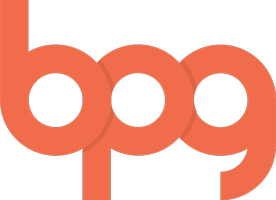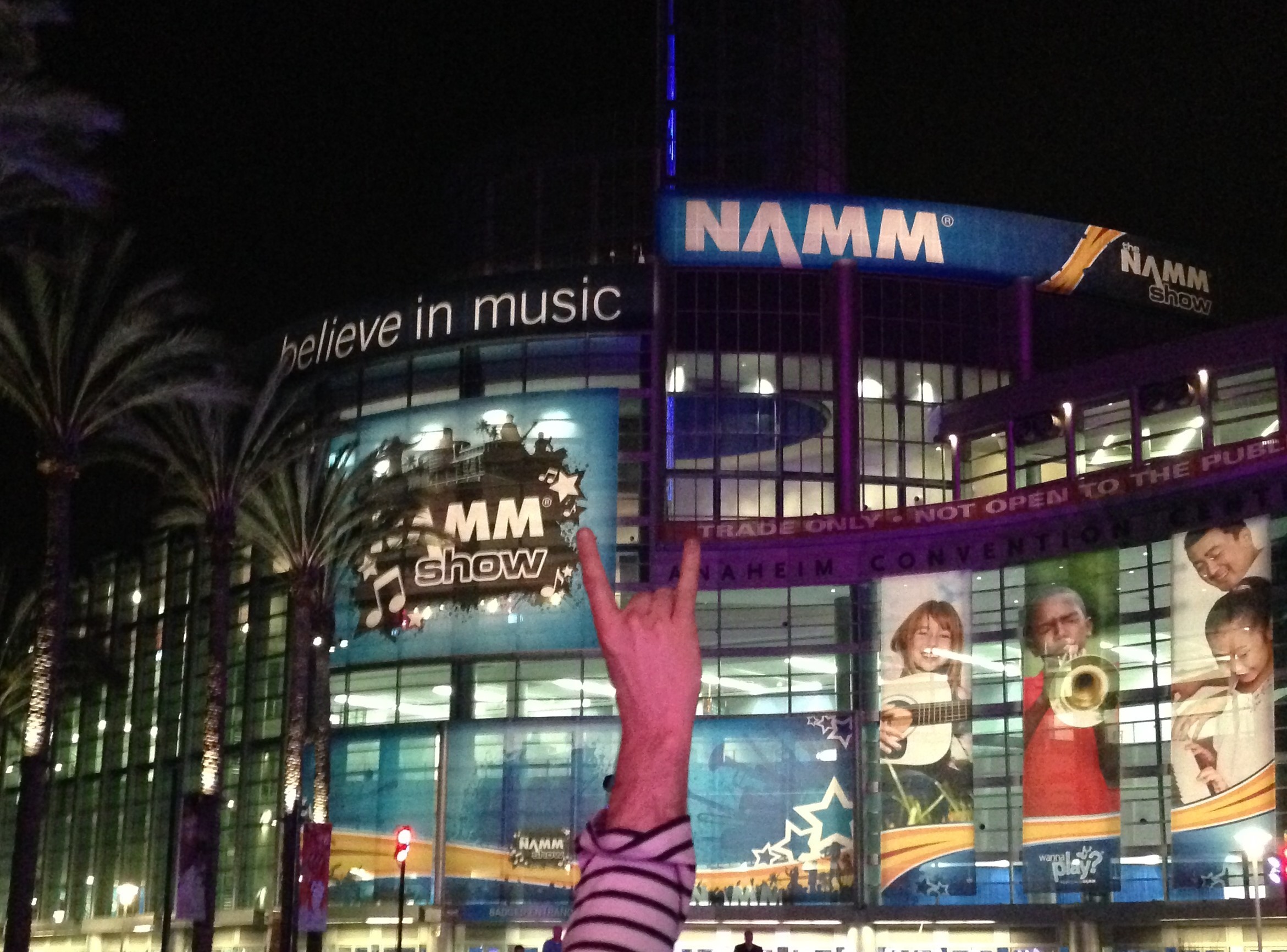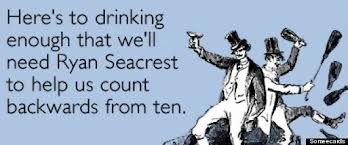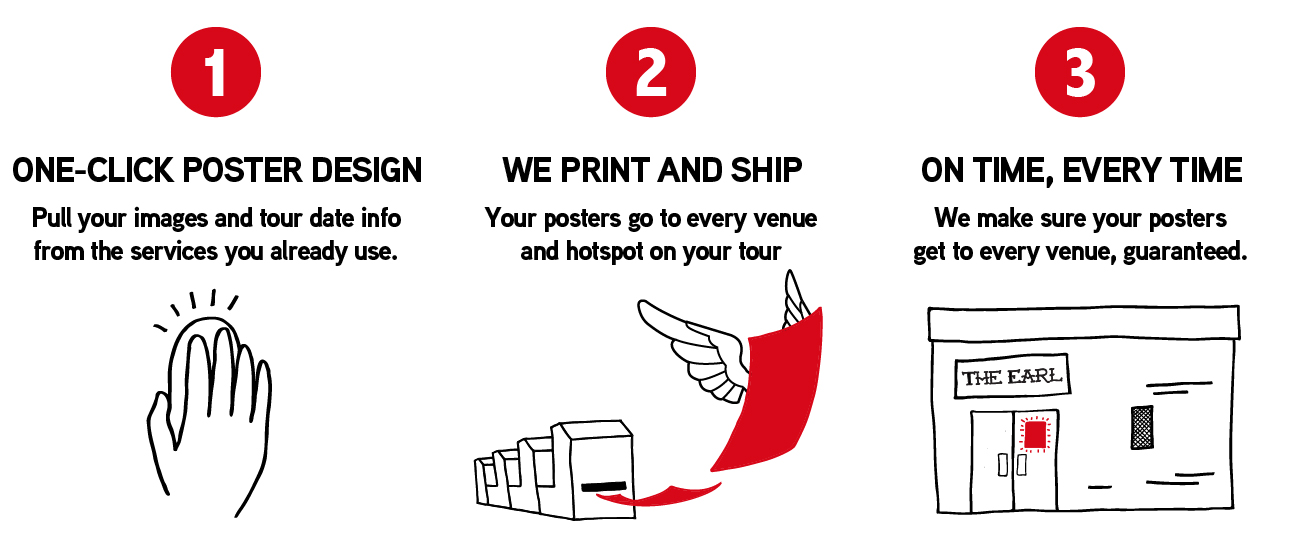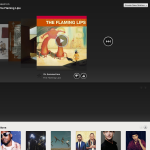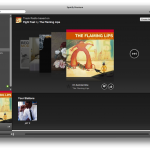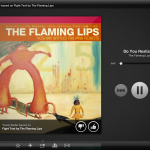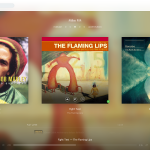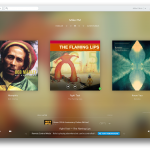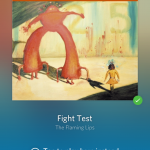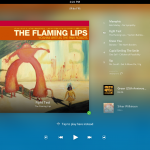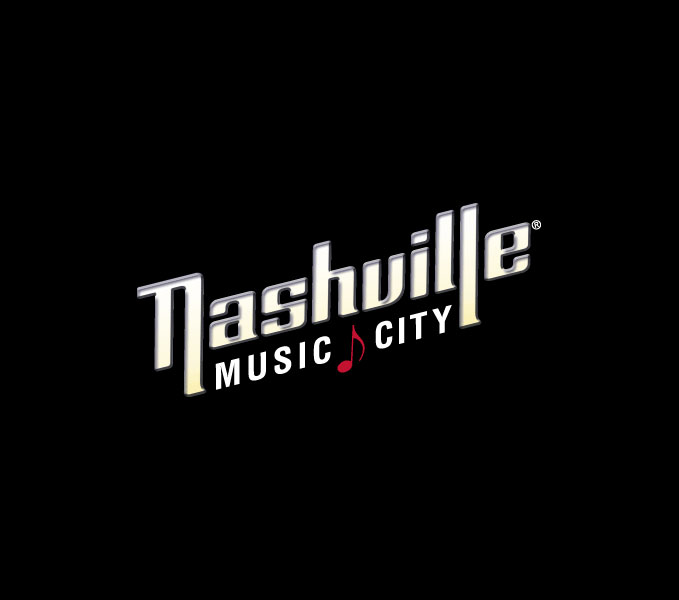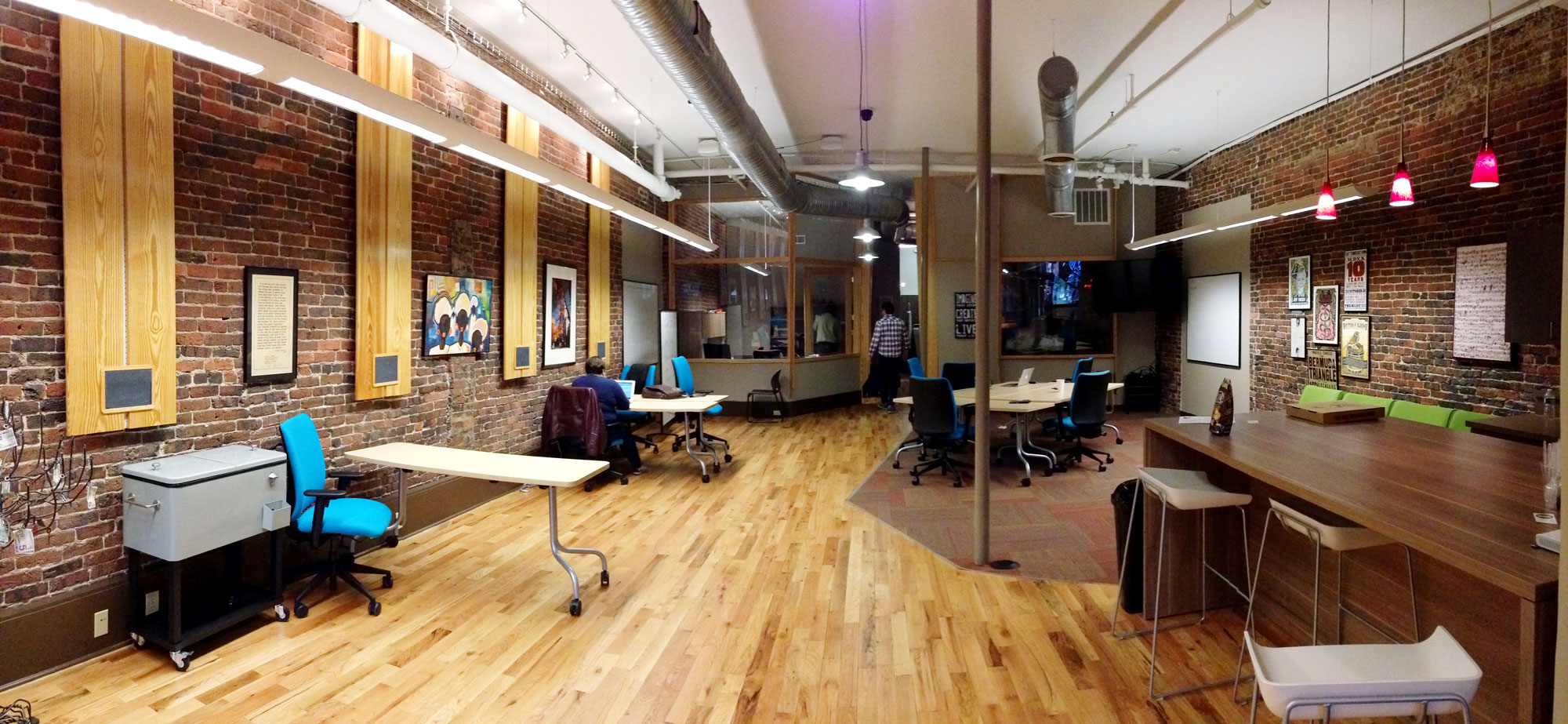
We love you Nashville, but we’re taking an easterly detour. Today we’re pleased to announce we’re helping lead the Knoxville Entrepreneur Center’s MediaWorks digital media accelerator, an intensive 12-week program to help Knoxville’s most innovative startups develop their products, business models, marketing plans, and pitches.
Startups interested in participating can submit their applications through April 23 at knoxec.com
Watch out, Rocky Top, here we come.
Full press release:
April 9, 2014
FOR IMMEDIATE RELEASE
CONTACT: Jonathan Sexton – JS@knoxec.net
KNOXVILLE ENTREPRENEUR CENTER ANNOUNCES ‘MEDIAWORKS’, A BUSINESS ACCELERATOR FOR DIGITAL MEDIA STARTUPS
KNOXVILLE, Tenn. – The Knoxville Entrepreneur Center is excited to introduce MediaWorks, the center’s inaugural digital media accelerator.
MediaWorks is a selective, highly immersive instructional and mentorship driven program for startups in the digital media sector, which includes digital video, augmented reality, digital signage, digital audio, or digital art. Ten startups will be selected to participate in the MediaWorks program, which will guide these early stage companies through customer discovery, product development, market identification, business development, growth strategy, and seeking to connect the participants with potential strategic and financial partners.
MediaWorks participants will be mentored by a team that includes industry leaders, investors and veterans of the media and startup world, and led through the accelerator by principals of Back Porch Group, a digital media think tank based in Nashville. BPG’s collective resume includes work for Google, Disney, Microsoft, Warner Bros. Records, and a broad array of startups and consulting clients in the Digital Media + Tech Space.
The goal of MediaWorks is to showcase a thriving digital media startup community in East Tennessee, and represents a key element in KEC’s ongoing drive to highlight the region’s leadership in technology, digital media and media content creation.
“MediaWorks provides a great opportunity for some of the most talented and experienced people from the media industry to collaborate with the next generation of media innovators and visionaries,” said Jonathan Sexton, KEC’s entrepreneur in residence.
“Back Porch Group is delighted to be leading MediaWorks in its mission to cement Tennessee’s growing reputation as a digital media leader and a center of entrepreneurship and innovation,” says Shawn Yeager, Back Porch Group partner.
Applications for the MediaWorks program will be accepted from April 9th-23rd at the center, located on Market Square, or online at www.knoxec.com. The program kicks off May 8 and will run for 12 weeks, culminating in a demo day event in early July.
For more information about MediaWorks, please visit www.knoxec.com.
About Back Porch Group: Back Porch Group is a think tank that offers insight, connections and development to creators and disruptive companies building the new music industry. Our approach: break it, change it, make it matter. We tear apart and test ideas, transform them into fundable, viable businesses, and successfully bring products to market.
We’re building a better music industry one idea at a time. More info at: http://backporchgroup.com
About Knoxville Entrepreneur Center: KEC is the front door for entrepreneurs starting a business in East Tennessee. KEC is committed to connecting Entrepreneurs with Mentors, Investors, and the Critical Resources they need to accelerate the launch of startup businesses.

